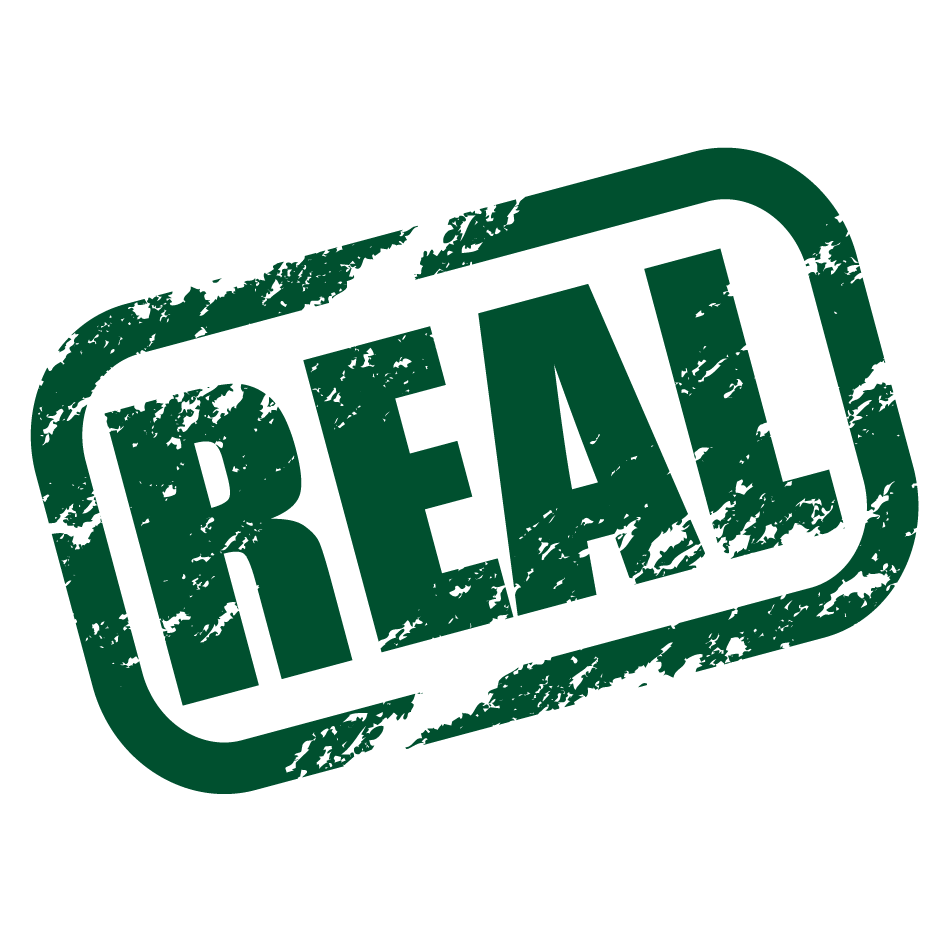

REAL Fundraising

London Borough of Tower Hamlets, United Kingdom
October 2018
Membership organizations
Service with Minor Environmental Footprint
United Kingdom
Quite simply, REAL Fundraising exists to change the world for the better. No small task I am sure you will agree! REAL works with leading charities and ethical commercial organisations to make the world a better place through the power of interactive, stimulating, empowering face to face conversation (you won’t find any hard-sell tactics here). Their culture award winning values of Respect, Ethics, Activism and Love are embedded deeply into their DNA and will be for eternity. More importantly than this though they believe strongly that they become a force for good in the world and create the desired culture for their entire team and clients by ensuring these values are in action constantly in every element of their business, always. They firmly believe that ethical business practise can play a huge role in helping to create a society they all want to be part of and they are proud to belong of the B Corp community who spend every day of their lives working to getting us closer to that vision. As Margaret Mead is quoted as saying:- “Never doubt that a small group of thoughtful, committed people can change the world; indeed, it's the only thing that ever has”
Overall B Impact Score
Governance 22.5
Governance evaluates a company's overall mission, engagement around its social/environmental impact, ethics, and transparency. This section also evaluates the ability of a company to protect their mission and formally consider stakeholders in decision making through their corporate structure (e.g. benefit corporation) or corporate governing documents.
What is this? A company with an Impact Business Model is intentionally designed to create a specific positive outcome for one of its stakeholders - such as workers, community, environment, or customers.
Workers 32.9
Workers evaluates a company’s contributions to its employees’ financial security, health & safety, wellness, career development, and engagement & satisfaction. In addition, this section recognizes business models designed to benefit workers, such as companies that are at least 40% owned by non-executive employees and those that have workforce development programs to support individuals with barriers to employment.
Community 47.3
Community evaluates a company’s engagement with and impact on the communities in which it operates, hires from, and sources from. Topics include diversity, equity & inclusion, economic impact, civic engagement, charitable giving, and supply chain management. In addition, this section recognizes business models that are designed to address specific community-oriented problems, such as poverty alleviation through fair trade sourcing or distribution via microenterprises, producer cooperative models, locally focused economic development, and formal charitable giving commitments.
What is this? A company with an Impact Business Model is intentionally designed to create a specific positive outcome for one of its stakeholders - such as workers, community, environment, or customers.
Environment 13.6
Environment evaluates a company’s overall environmental management practices as well as its impact on the air, climate, water, land, and biodiversity. This includes the direct impact of a company’s operations and, when applicable its supply chain and distribution channels. This section also recognizes companies with environmentally innovative production processes and those that sell products or services that have a positive environmental impact. Some examples might include products and services that create renewable energy, reduce consumption or waste, conserve land or wildlife, provide less toxic alternatives to the market, or educate people about environmental problems.
Customers 43.1
Customers evaluates a company’s stewardship of its customers through the quality of its products and services, ethical marketing, data privacy and security, and feedback channels. In addition, this section recognizes products or services that are designed to address a particular social problem for or through its customers, such as health or educational products, arts & media products, serving underserved customers/clients, and services that improve the social impact of other businesses or organizations.
What is this? A company with an Impact Business Model is intentionally designed to create a specific positive outcome for one of its stakeholders - such as workers, community, environment, or customers.